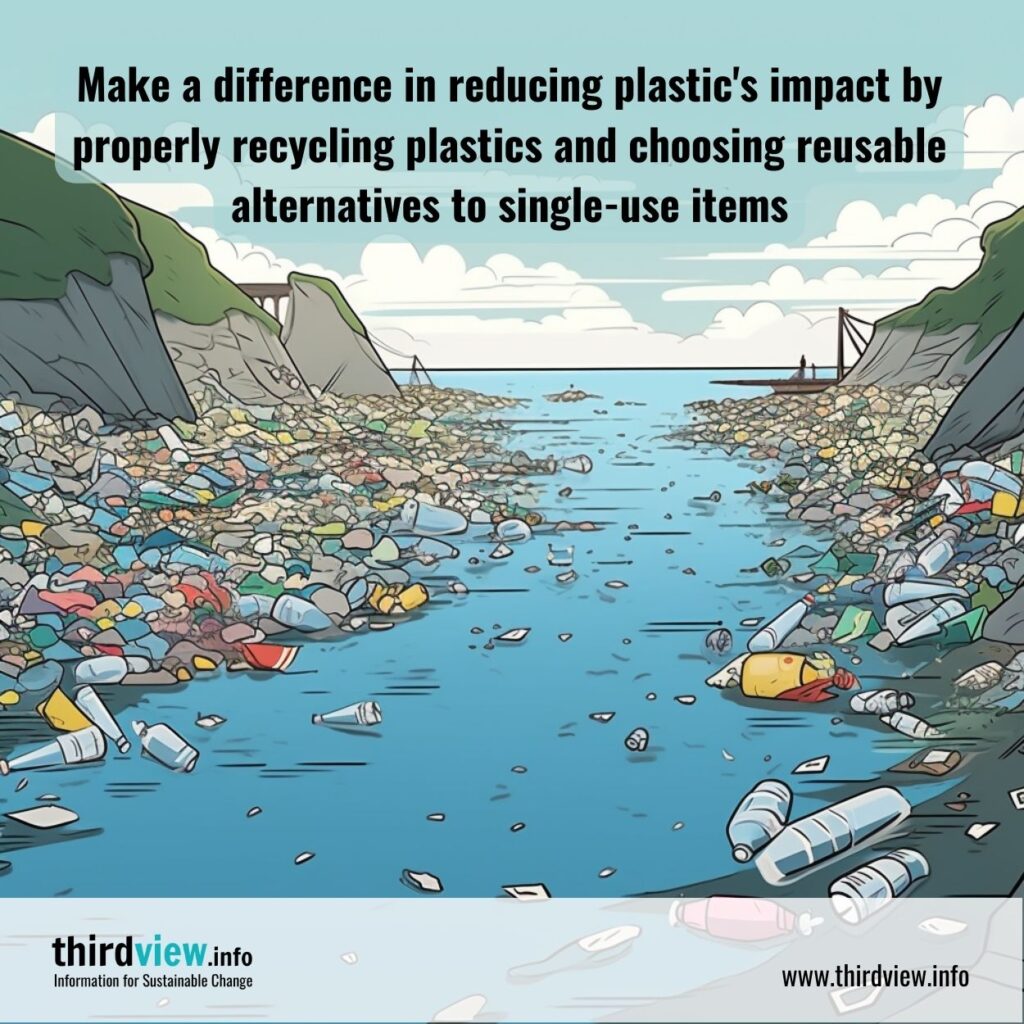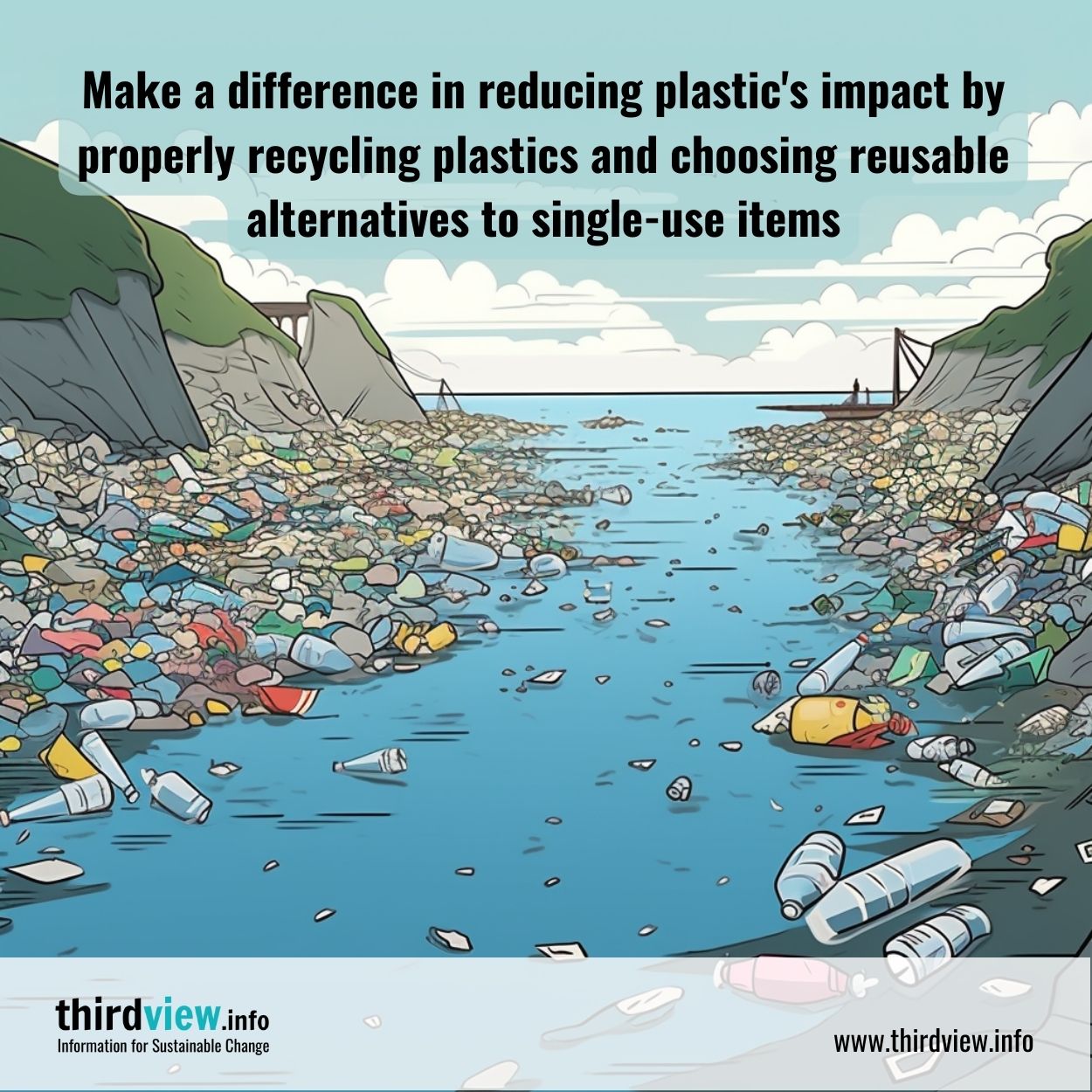In today’s world, plastic is ubiquitous. It is used for food packaging, water bottles, straws, bags, and so much more. While plastic can make our lives easier in many ways, it also has a devastating environmental impact. From the production process to disposal methods and even recycling, there are several aspects of the plastic industry that can be damaging to our planet. Let’s take a closer look at why we need to be conscious of how we use plastic and what we can do to reduce its harmful effects.
The Production Process
Plastic production has become one of the world’s most polluting industries. The production process itself releases hazardous emissions into the atmosphere, including carbon dioxide (CO2), sulphur dioxide (SO2), nitrous oxide (NOx), volatile organic compounds (VOCs) and particulate matter (PM). Many of these pollutants have been linked to serious health issues such as respiratory illness and cancer. But that’s not all; plastics often contain toxic chemicals such as phthalates and bisphenol A (BPA), which can leach into food products stored in them and pose a threat to human health.
Disposal Methods
One of the main problems with plastic is that it takes centuries for it to degrade naturally in landfills or other disposal sites. This means that when we throw away our single-use plastics like grocery bags or straws, they will remain in landfills for hundreds of years before breaking down completely. Additionally, improper disposal methods like littering can lead to plastics being washed away into rivers or oceans where they are harmful to marine life.
Recycling Efforts
The good news is that there are steps you can take right now to help reduce the environmental impact of plastic production and disposal methods. One way is by making sure you properly recycle any plastics you have used instead of throwing them away into a landfill or ocean. Recycling helps reduce the amount of new plastic being produced from raw materials, as well as reduces energy consumption associated with producing new plastics from scratch. Additionally, you should opt for reusable containers when possible instead of relying on single-use items like straws or water bottles whenever possible—it may seem small but every little bit helps! If everyone does their part then together we can reduce the environmental impacts associated with using plastics.
Plastics play an important role in our daily lives; however, their production and disposal processes have significant environmental impacts that cannot be ignored if we want to protect our planet for future generations. To help mitigate some of these problems we must all take responsibility by recycling properly whenever possible or opting for reusable alternatives whenever available. Together we can make a difference by reducing our dependence on disposable plastics.


